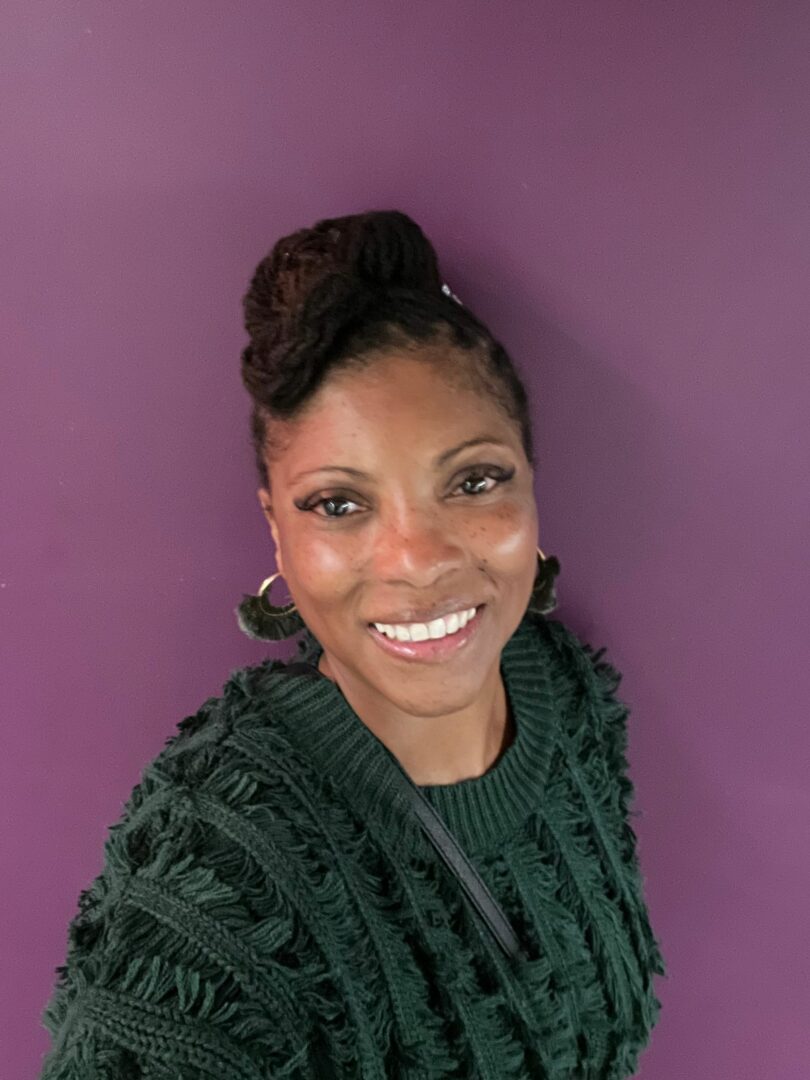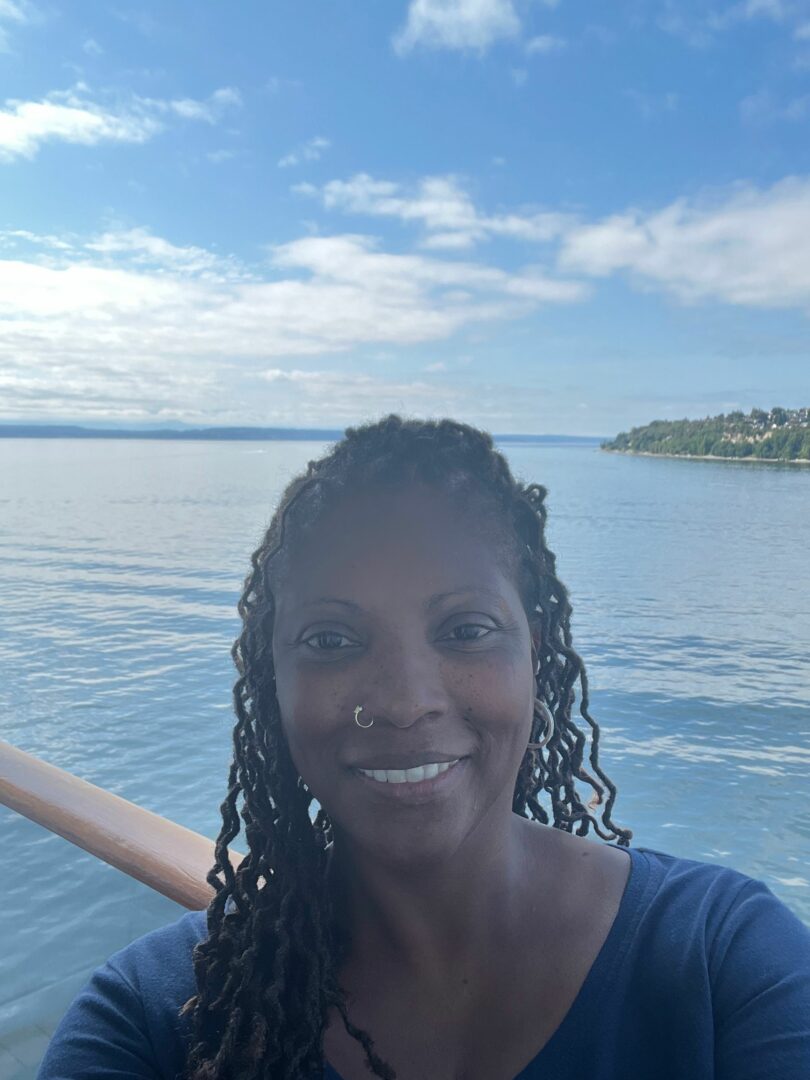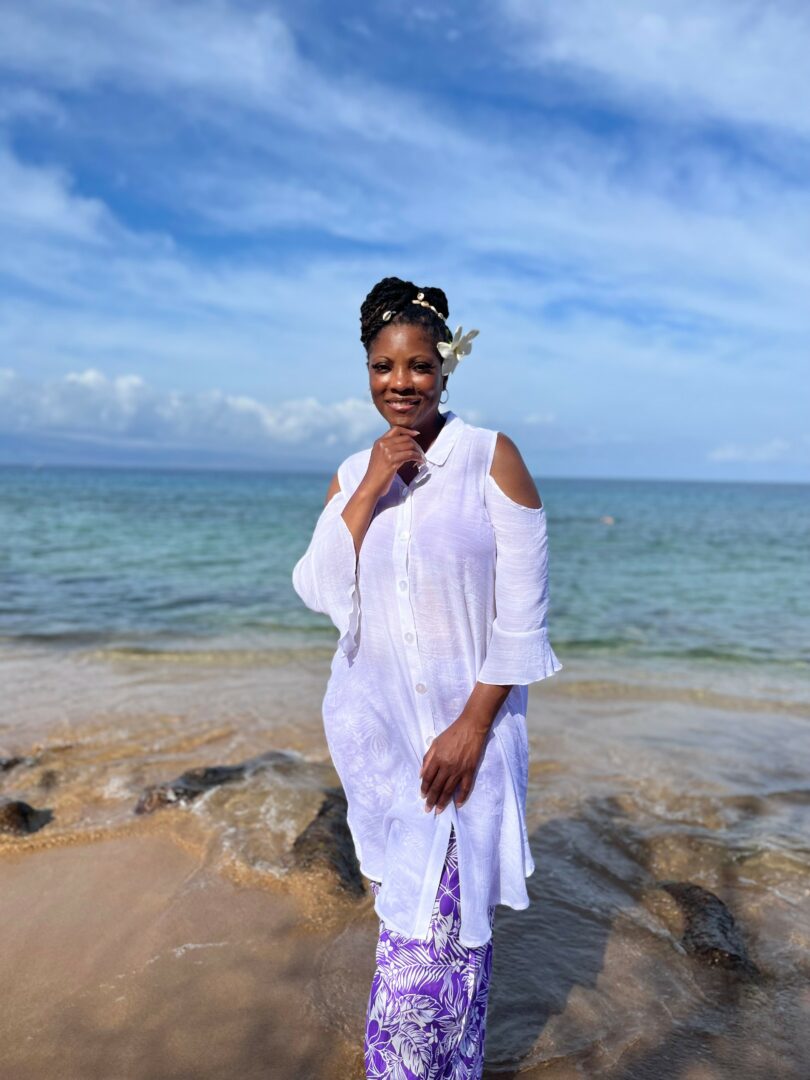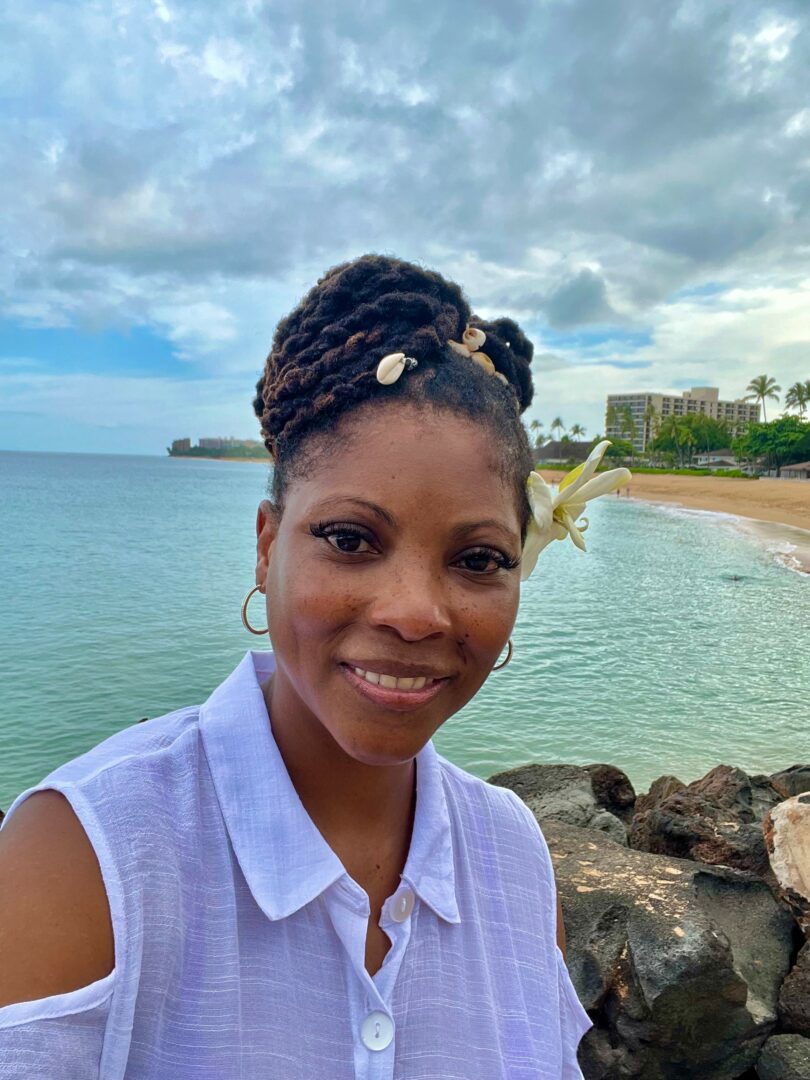We were lucky to catch up with Patricia Harris recently and have shared our conversation below.
Patricia, thrilled to have you on the platform as I think our readers can really benefit from your insights and experiences. In particular, we’d love to hear about how you think about burnout, avoiding or overcoming burnout, etc.
I avoid burnout by making time to do the things that I love. Burnout leads to me being ineffective in what I do. If I’m not at my best I cannot help others. Since my job is helping others to live a better life through mental wellness it is imperative that I prioritize my own mental and physical wellness. In order to take care of me first, I go to the gym, go to spas, take long walks and travel whenever I can. I love being at the beach or near water in general because it relaxes me. Having those quiet moments near or in water allows me to disconnect and reset. It is important for me to have time away from my phone and computer so that I feel that I am truly disconnected from work. Many of my self-care activities involve being outside in nature. I love a good hike, camping, and of course cruising. There are definitely times when work is busy and I fail to prioritize myself, but the immediate result is struggling to be present for my clients. When this happens I schedule time off or add breaks in my schedule in which I can do something for myself. If time does not allow for a beach trip I also get regular massages which relax my body and mind. As a mental health therapist I recommend self-care to my clients all the time, so I have to practice what I preach. I am evidence for my clients that if you prioritize yourself you won’t feel so neglected and burnout by the daily challenges of living.
Thanks for sharing that. So, before we get any further into our conversation, can you tell our readers a bit about yourself and what you’re working on?
I am a Licensed Professional Counselor and Owner/CEO of Calm&Power Therapy, LLC. Calm&Power is basically describing water, the calmness it provides for me and how powerful it can be. I work with adults with trauma, depression, anxiety, and mood disorders. Initially I was in the world of IT in the military, but I was really drawn to psychology in college. Since so many of my fellow service members were coming back from Iraq and Afghanistan with PTSD I decided to foster my interest in psychology and work toward a career to support the troops. After retiring from the Army, I worked on becoming a licensed mental health professional and starting a private practice to be a part of improving access to mental health care for the military community and Veterans. I am from a city with several military installations so moving back home provided me the ability to help the population I was focused on. Through the journey I have gained several clients who are affiliated with the military in some way and some who are not. I enjoy the balance of clientele as trauma does not only occur in combat situations. Trauma occurs during childhood and in so many different areas of life. After experiencing trauma it can be very challenging to manage very basic activities of daily living. I like being a part of a client’s progress toward improved daily functioning through processing and learning coping strategies to overcome trauma. It is my goal for clients to see themselves as survivors of a traumatic experience; the trauma is a part of their experience but not the totality of who they are. The work to get there is often uncomfortable and distressing; however, hard work and maintenance can take a traumatized person from existing to living a life that is meaningful and purposeful.
If you had to pick three qualities that are most important to develop, which three would you say matter most?
The three most important qualities that continue to impact my journey are patience, being empathetic, and loving to learn. I actually never thought I would own my own business and it was not something I was even interested in doing. I enjoyed working in the psychiatric hospital in an Army hospital. I also enjoyed being a part of a group practice. Situations happened and life just aligned in a way in which it made sense for me to start my private practice. I took baby steps over several years and when the time was right everything was pretty much in place for me to go out on my own. Basically, starting Calm&Power Therapy, LLC was several years in the making. Because of my experience in a hospital and in group practices I had lots of training and mentors who provided me with so much along the way. I chose patience because one needs patience in the mental health field because clients do not open up right away with their “stuff”. A relationship has to be established which is why I chose being empathetic. Showing empathy allows for trust and someone feeling seen and heard. These are the foundational parts of counseling and the building blocks for a positive relationship. Loving to learn means I’m often learning new modalities and taking courses to refresh my skills and knowledge to always provide evidenced based interventions for my clients. Those early in the journey of becoming a mental health professional…congratulations and welcome to the fight! We can look at the news on any given day and see poor mental health playing out in devastating ways in our communities. There is so much work to be done and we need you in the community making a difference. Take care of yourself, be patient, be empathetic and be curious.
Who is your ideal client or what sort of characteristics would make someone an ideal client for you?
My ideal client is someone who has experienced trauma at some point in life. As a result of this trauma this person is struggling in relationships, at work, in school, and with the daily tasks of living. This person might find it difficult to communicate effectively and have basic needs met. This person might have several failed relationships, changes in jobs, and feel overwhelmed with life. Trauma often results in people feeling triggered by certain words, behaviors, places, and even smells. Being in a triggered state can result in poor functioning and being in survival mode (fight, flight, freeze) when there is no danger or threat to life. This is how trauma hijacks the mind and body and results in anxiety, hyper vigilance, panic, night terrors and other symptoms that make functioning almost impossible. This is the client who needs to process trauma and learn strategies to cope with distress.
Contact Info:








